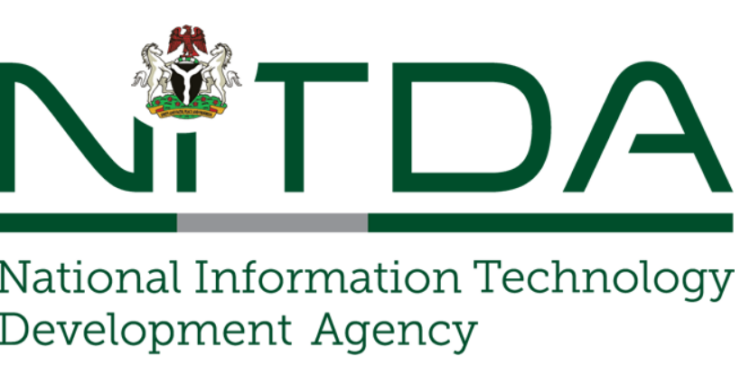The National Information Technology Development Agency (NITDA) will begin rolling out Digital Public Infrastructure (DPI) and the Nigerian Data Exchange (NGDX) in early 2026 to strengthen governance and service delivery across key sectors.
Director of E-Government and Digital Economy at NITDA, Dr. Salisu Kaka, disclosed this in Abuja at a stakeholder review session during the Digital Public Infrastructure Live Event.
The session, themed “Advancing Nigeria’s Digital Public Infrastructure through Standards, Data Exchange and e-Government Transformation,” convened regulators, state governments, and private sector players to harmonise standards for secure and interoperable systems.
Kaka said national identity and digital payment platforms already exist as foundations, while the data exchange framework will be finalised by the end of 2025. He urged states to align with national standards for seamless integration.
“If the states can model and reflect what happens at the national level, then we can have a 360-degree view of the whole data exchange across the country and drive all-of-government processes,” he stated.
ALSO READ
Stakeholders highlighted opportunities in digital services and financial inclusion. NIPOST’s Director of Digital Transformation, Mr. Gabriel Oladapo, announced the replacement of traditional post boxes with digital smart lockers, rollout of digital postcodes, and expansion of financial and remittance services at post offices.
“You can now walk into a post office and perform financial transactions, even international transfers,” he said.
Data protection was also central to discussions. National Commissioner of the Nigeria Data Protection Commission (NDPC), Dr. Vincent Olatunji, emphasised that trust is key to adoption. He cited the Nigeria Data Protection Act as the legal framework guaranteeing citizens’ rights, accountability for data controllers, and enforcement mechanisms.
Connectivity was addressed by NIGCOMSAT’s Deputy General Manager, Mr. Ikechukwu Amalu, who said satellite technology will extend DPI to underserved communities.
“There are communities not covered by terrestrial networks today, and satellite communication will be vital in closing that gap,” he explained.
The initiative follows government plans to end multiple data submissions by citizens through the NGDX platform.
Once operational, the system will allow secure back-end verification across agencies, reducing duplication in processes such as NIN, BVN, SIM registration, and passport applications.
The review session drew ICT commissioners, ministries, departments and agencies, and private sector representatives, reinforcing a national push for inclusive, trusted, and interoperable digital governance.
